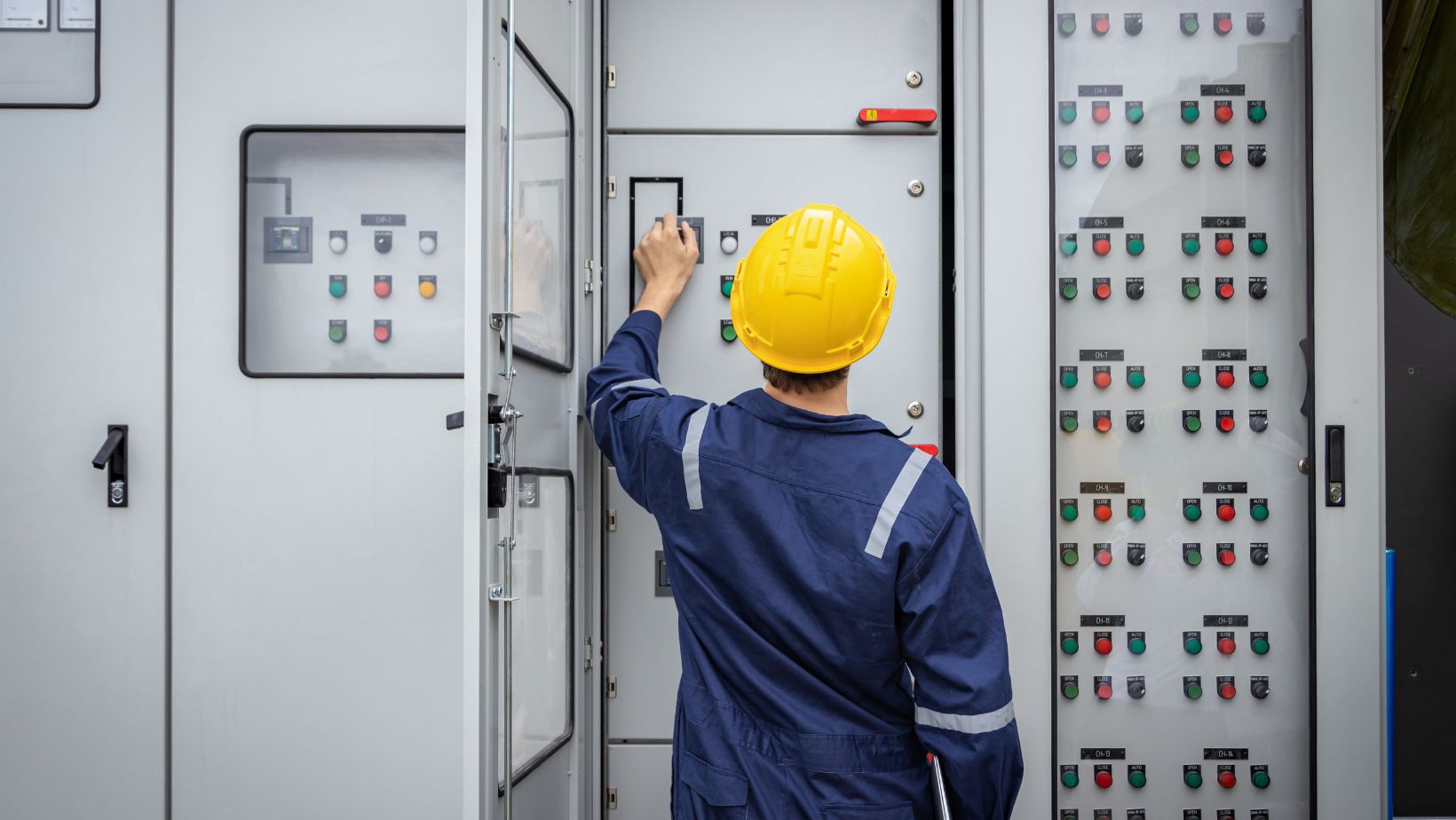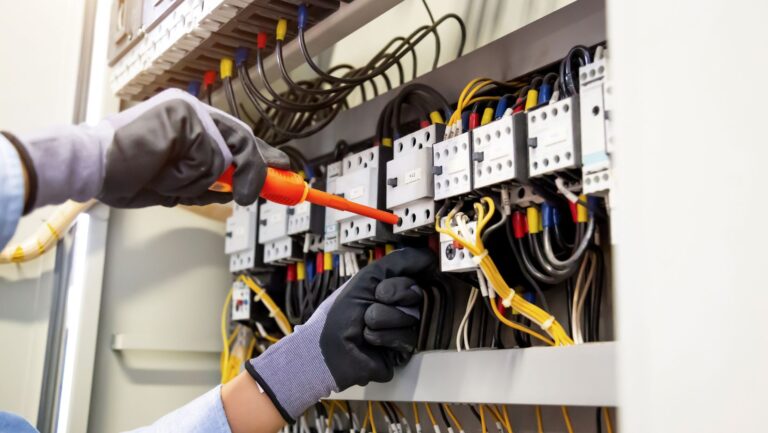Electricity is an essential part of modern life, powering everything from our lights to our appliances. However, without proper precautions, electrical systems can pose serious safety hazards, including shocks, fires, and equipment damage. Understanding basic electrical safety measures can help homeowners protect their families, property, and investments. Here are the key aspects every homeowner should be aware of when it comes to electrical safety.
Understanding Your Home’s Electrical System
Every homeowner should have a basic knowledge of their electrical system, including the location of the circuit breaker panel, how circuits are distributed, and what appliances require dedicated circuits. The main service panel houses circuit breakers that protect your home from electrical overloads. Familiarizing yourself with this system allows for quick action during power outages or electrical issues.
Hiring a Licensed Electrician for Repairs and Upgrades
DIY electrical work can be dangerous and, in many cases, illegal without proper permits. For any electrical repairs or upgrades, it’s best to hire a licensed electrician. Whether you need to install new lighting, upgrade your service panel, or improve your home’s energy efficiency, Garber Electric Solutions provides professional and reliable services tailored to your needs.
Recognizing Common Electrical Hazards
Several common electrical hazards exist in the home, and being aware of them can help prevent accidents:
- Overloaded Circuits: Plugging too many devices into a single outlet can lead to overheating and potential fires.
- Damaged Wiring: Frayed or exposed wires can cause electrical shocks or short circuits.
- Water and Electricity: Electrical outlets near water sources should be equipped with Ground Fault Circuit Interrupters (GFCIs) to prevent shocks.
- Old or Outdated Electrical Panels: If your home has an outdated fuse box or a panel that frequently trips, an upgrade may be necessary to ensure safety.
Safe Use of Electrical Outlets and Extension Cords
Improper use of electrical outlets and extension cords can pose serious risks. Follow these guidelines to enhance safety:

- Avoid overloading outlets with too many appliances.
- You should never use extension cords as a permanent solution; instead, install additional outlets where necessary.
- Use surge protectors to safeguard expensive electronics from power surges.
- Regularly inspect cords for wear and tear, replacing damaged ones immediately.
The Importance of Grounding and Surge Protection
Proper grounding of your electrical system ensures that excess electricity flows safely into the earth, reducing the risk of shocks and fires. Additionally, installing surge protectors can prevent damage to appliances during power spikes. For whole-home surge protection, consider consulting a professional electrician to install the appropriate devices for your home.
Childproofing Your Home’s Electrical System
If you have young children, extra precautions should be taken to minimize electrical hazards. Some effective childproofing strategies include:
- Installing tamper-resistant outlets to stop children from inserting objects.
- Using cord covers to keep wires out of reach.
- Educating children on the dangers of playing with electrical devices.
Importance of Professional Electrical Inspections
Routine electrical inspections by a certified electrician can help detect possible issues before they become major problems. A professional will check for:
- Faulty wiring and loose connections.
- Outdated electrical panels.
- Proper installation of GFCIs and circuit breakers.
Scheduling an inspection every few years, or when purchasing a new home, is a smart way to ensure the safety and efficiency of your electrical system.
Responding to Electrical Emergencies
Knowing how to react in an electrical emergency can prevent further damage and injury. Here’s what to do in common situations:

- Electrical Fire: Never use water. Instead, turn off the power at the breaker panel and use a fire extinguisher rated for electrical fires.
- Electric Shock: If someone is shocked, do not touch them directly. Turn off the power and call emergency services.
- Power Outages: Keep flashlights handy and avoid using candles, which pose fire risks. If outages are frequent, consider a backup generator installation.

